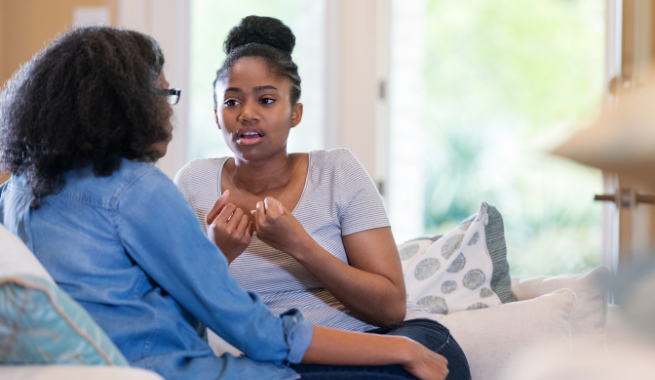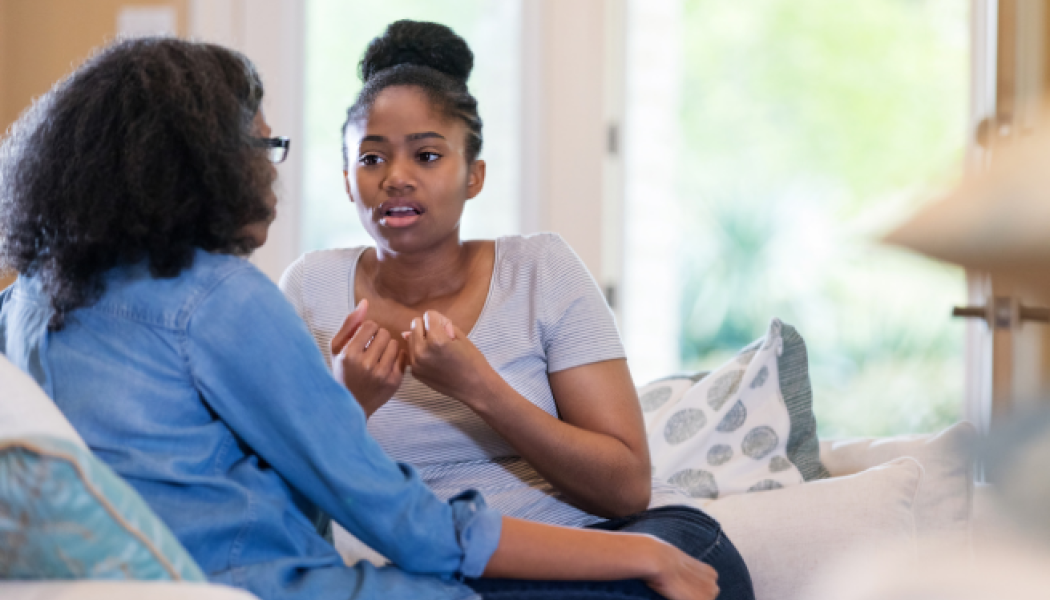Submitted by the Canadian Mental Health Association
You might have a thousand Facebook friends or followers on Instagram. Or maybe you have friends the “old-fashioned” way. In any case, we know that having a good community of friends is about the quality – and not the quantity – of our relationships. And communication is at the core. So, if we want to strengthen our relationships, practising the art of listening is an effective strategy.















